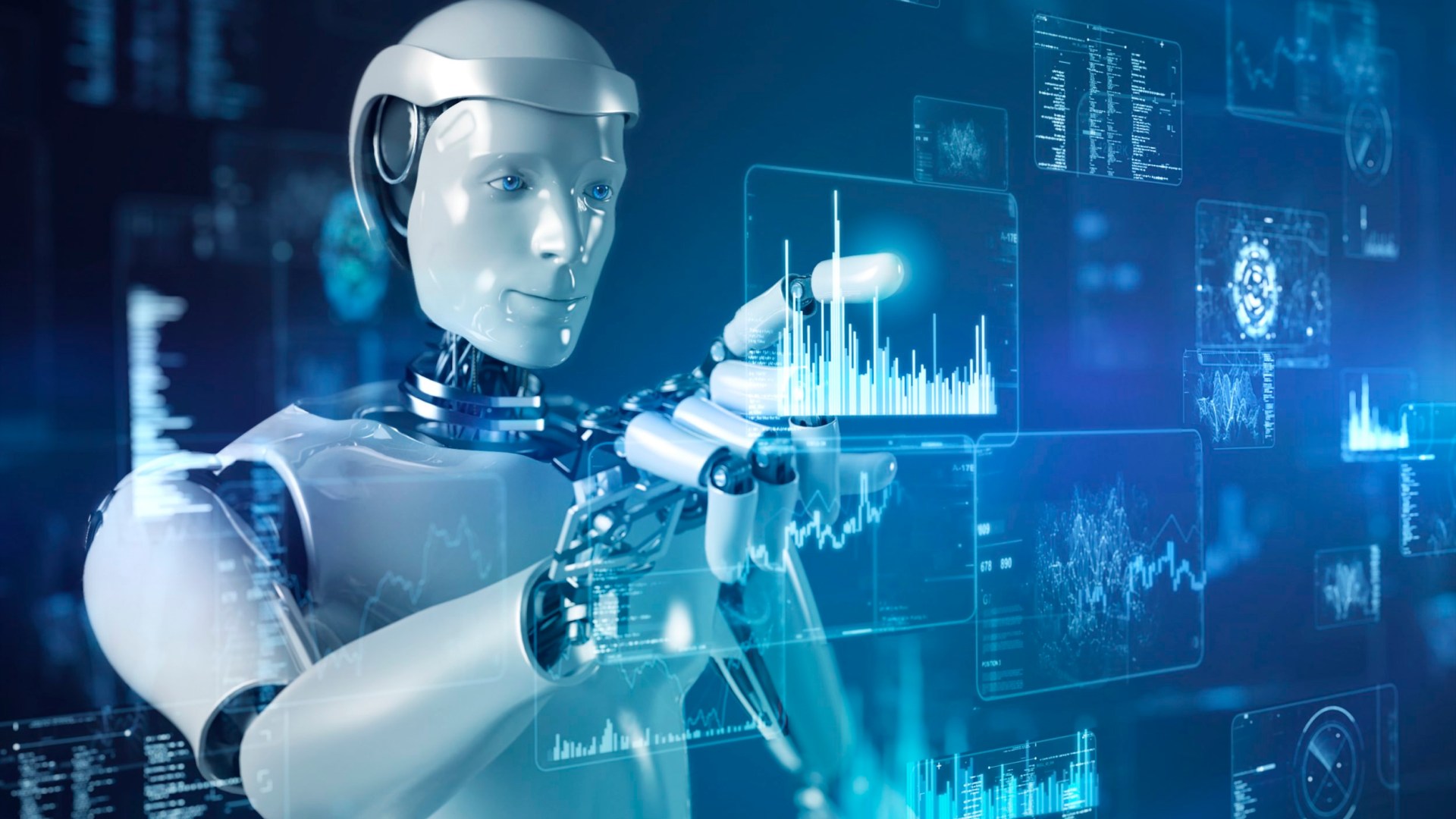Science
12 Jobs AI Cannot Replace: Human Skills Remain Essential

Artificial Intelligence (AI) is increasingly interwoven into daily life, influencing industries from retail to healthcare. While this technology can automate numerous tasks, certain jobs remain firmly in the realm of human capability. According to research by LiveCareer UK, there are twelve professions that are expected to endure, demonstrating the irreplaceable value of human skills.
Healthcare Professionals
In the healthcare sector, the combination of hands-on care and empathy is vital. The unpredictability of health and recovery means that human judgement, informed by medical expertise, is indispensable. Medical professionals must demonstrate qualities such as compassion and adaptability, ensuring that healthcare will remain a human-centric field.
Creative Professionals
Creativity is another area where AI struggles to compete. Original expression and cultural nuance stem from human imagination, which algorithms cannot replicate. Roles involving storytelling and artistic innovation thrive on cultural awareness and emotional depth, underscoring the limitations of AI in creative professions.
Skilled trades, such as plumbing and electrical work, also require human involvement. These jobs depend on real-world problem-solving and dexterity, skills that AI cannot mimic. The hands-on nature of skilled trades ensures that trained professionals will continue to be essential in the workforce.
Educators and Trainers
Teachers play a crucial role in shaping minds. While students can access information online or consult AI systems, these tools lack the inspiration and personal connection that human educators provide. The ability to mentor and nurture is a fundamental aspect of teaching that AI cannot replicate.
Upper-level strategists and analysts benefit from context and decision-making skills in uncertain environments. Strategic thinking and leadership are inherently human traits, making these roles resistant to automation. AI may assist in data analysis, but it cannot replace the critical thinking required for effective strategy development.
Research scientists and engineers also rely on human curiosity to drive innovation. While AI can aid in data collection and analysis, it lacks the intrinsic curiosity and critical thinking necessary for initiating groundbreaking research.
Customer Service Representatives
Customer service roles demand adaptability and nuanced problem-solving. Representatives must respond to diverse scenarios, requiring emotional intelligence and genuine empathy. AI lacks the ability to provide the authentic interaction that customers expect, making human representatives indispensable.
In the legal sector, judges and legal professionals must navigate ethical considerations alongside the law. Applying justice requires human reasoning and fairness, traits that AI cannot emulate. The analytical thinking and advocacy necessary for legal decision-making remain firmly human domains.
Leadership and management roles require vision and the ability to make decisions in uncertain circumstances. AI cannot replicate the strategic risk-taking and interpersonal skills essential for effective leadership, ensuring that these roles remain human-centric.
Social Workers and Mental Health Professionals
Social workers and mental health professionals rely heavily on empathy and human connection. Building trust with clients and providing emotional support requires interpersonal skills that AI cannot offer. While AI can dispense advice, it lacks the emotional depth needed for genuine connection.
Environmental and sustainability experts face pressing global challenges that necessitate human oversight. Tackling issues like climate change involves ethical considerations, systems thinking, and accountability that AI cannot provide independently.
Finally, the hospitality sector thrives on personal interactions. Staff in this industry must exhibit warmth and adaptability, creating memorable experiences for guests. AI cannot replicate the emotional intelligence and service orientation necessary for success in hospitality.
These twelve professions highlight the resilience of human skills in the face of rapid technological advancement. As AI continues to evolve, the unique qualities of human workers will remain essential in various sectors, ensuring that certain jobs are secure from automation.
-

 Entertainment1 month ago
Entertainment1 month agoAimee Osbourne Joins Family for Emotional Tribute to Ozzy
-

 Politics1 month ago
Politics1 month agoDanny Healy-Rae Considers Complaint After Altercation with Garda
-

 Top Stories4 weeks ago
Top Stories4 weeks agoIreland Enjoys Summer Heat as Hurricane Erin Approaches Atlantic
-

 World2 months ago
World2 months agoHawaii Commemorates 80 Years Since Hiroshima Bombing with Ceremony
-

 Top Stories2 months ago
Top Stories2 months agoFianna Fáil TDs Urgently Consider Maire Geoghegan-Quinn for Presidency
-

 World2 months ago
World2 months agoGaza Aid Distribution Tragedy: 20 Killed Amid Ongoing Violence
-

 Top Stories8 hours ago
Top Stories8 hours agoHeimir Hallgrimsson Faces Uncertain Future After Armenia Loss
-

 World2 months ago
World2 months agoCouple Convicted of Murdering Two-Year-Old Grandson in Wales
-

 World2 months ago
World2 months agoAristocrat Constance Marten and Partner Convicted of Infant Murder
-

 Top Stories2 months ago
Top Stories2 months agoClashes Erupt Between Far-Right Groups and Migrants in Spain
-

 Top Stories2 months ago
Top Stories2 months agoHistoric Dalkey Pub The Queens Reopens Under New Management
-

 World2 months ago
World2 months agoTrump Defends FBI Deputy Director Amid Epstein Files Controversy









